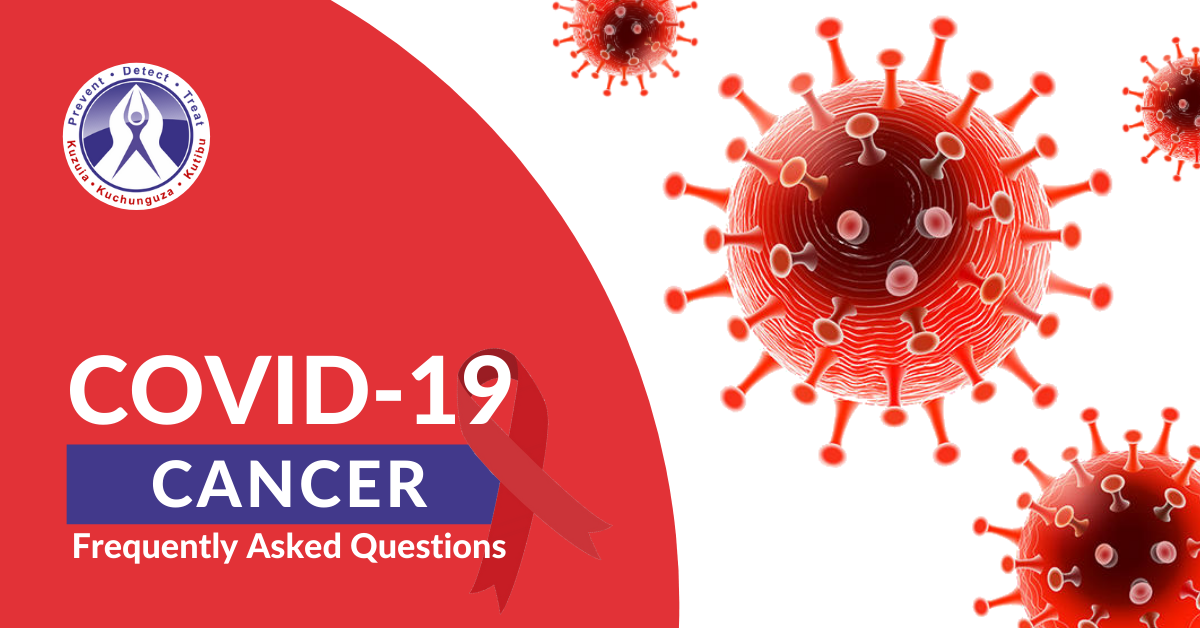COVID-19 and Cancer Patients: Frequently Asked Questions
551 viewsCOVID-19 statistics are getting more tragic by the day. The novel coronavirus (COVID-19) pandemic has put the entire world at risk of contracting an infectious disease but the risk is even higher for people who are dealing with or have dealt with deadly diseases like cancer. We hope to address the concerns of cancer patients and their loved ones through the following compilation of FAQs about COVID-19 and cancer.
1. What is COVID-19?
COVID-19 is a highly infectious respiratory disease caused by a newly discovered virus from the coronavirus family. The first case of this novel coronavirus disease was reported in Wuhan, China in December 2019. The World Health Organization officially named it COVID-19, short for coronavirus disease 2019. After the disease spread to over 100 countries in the world, the WHO declared COVID-19 a pandemic.
2. If I have cancer, am I more vulnerable to catching the novel coronavirus infection?
Since the disease is highly contagious and the transmission has expanded across the globe, it is evident that every person is equally vulnerable to catching the COVID-19 infection if they are exposed to the novel coronavirus.
3. What are the symptoms of COVID-19?
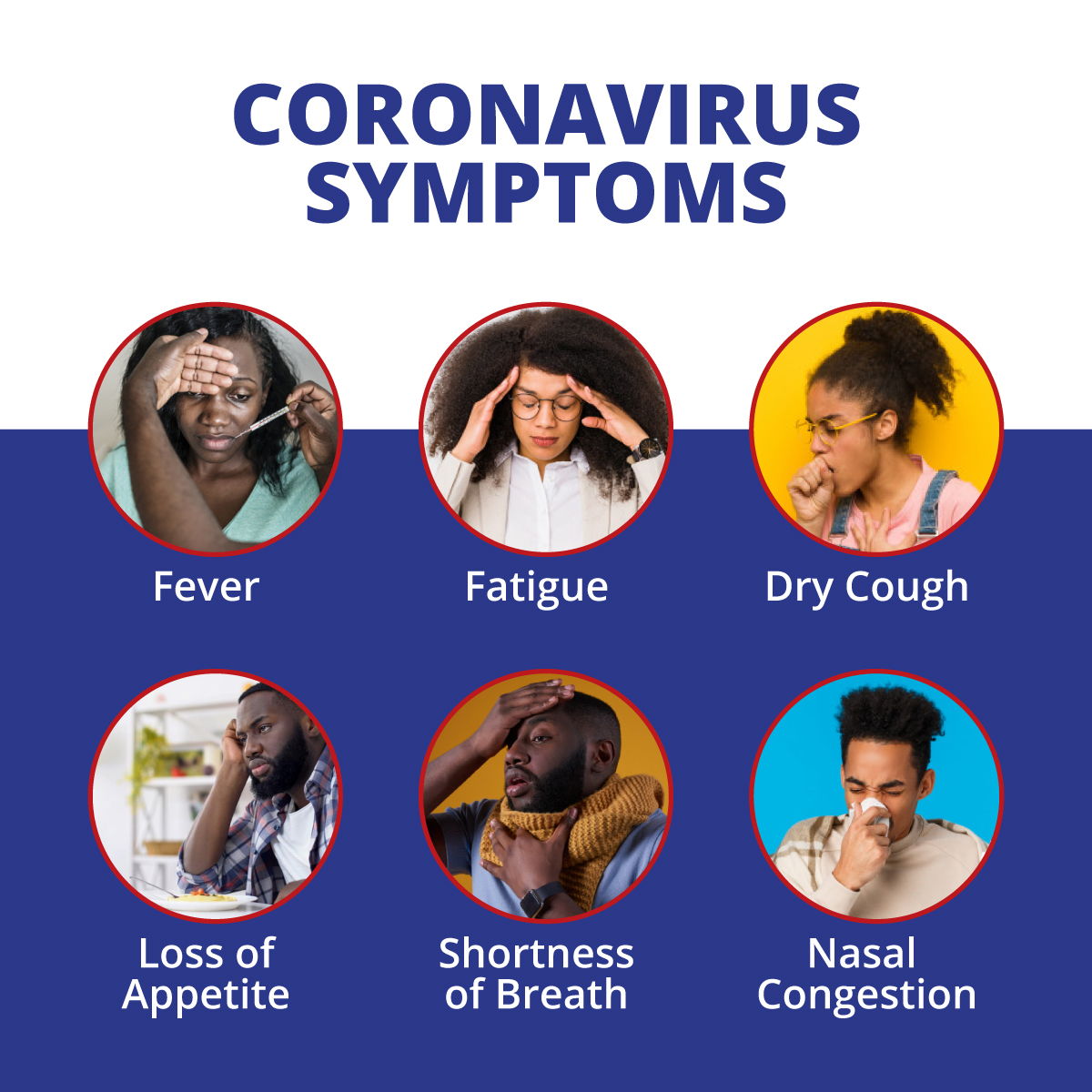
Common symptoms of the coronavirus disease include:
- Fever
- Dry cough
- Sore throat
- Runny nose
- Breathlessness
- Fatigue/tiredness
Many COVID-19 patients also experience a change in taste/smell, body ache, and nasal congestion but these are less common symptoms of COVID-19.
4. If I have cancer, am I at a higher risk of developing serious symptoms of COVID-19?
Some cancer treatments weaken your immune system and reduce your body’s ability to fight infections. So patients with cancer may be more vulnerable to developing severe illness after catching the coronavirus infection.
Apart from cancer treatments, the following factors put you at a higher risk for severe COVID-19 illness:
- Diabetes
- Lung, liver, heart or kidney disease
- A history of organ transplantation
- A history of smoking
- Asthma
- Obesity
5. As a cancer patient, how do I protect myself from catching COVID-19?
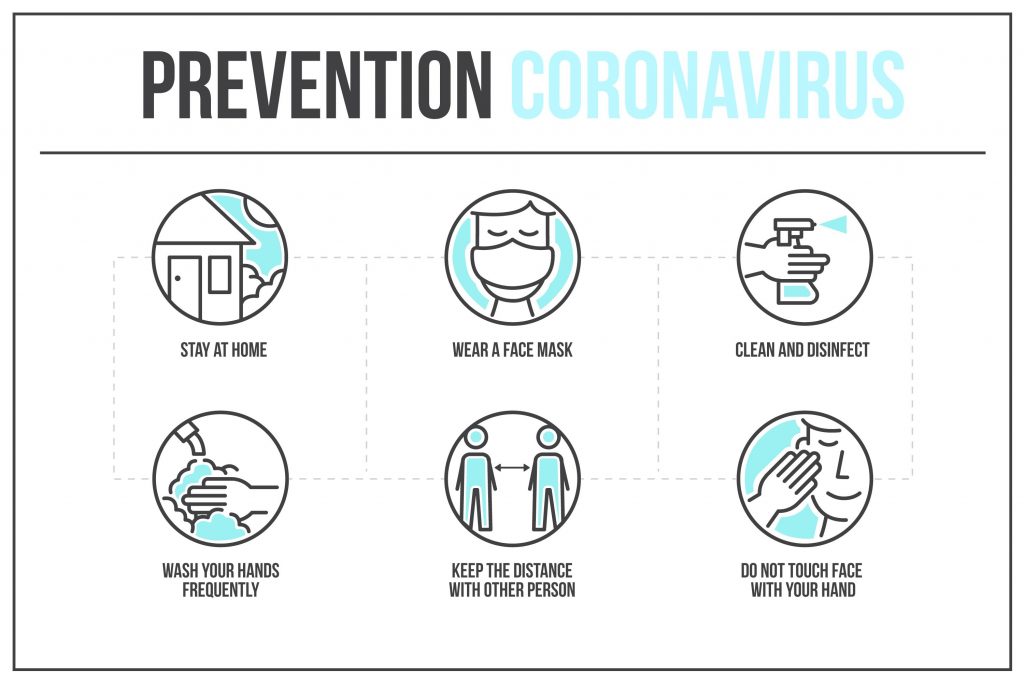
Since there is no vaccine for COVID-19 yet, the best way to prevent the disease is to not come in contact with the coronavirus.
You must take the following COVID-19 precautionary measures to prevent coronavirus disease:
- Avoid going out and stay at home as much as possible.
- Keep washing your hands with soap and water frequently.
- Do not touch your eyes, nose, or eyes.
- Disinfect surfaces and objects around you frequently, especially the ones that you touch regularly.
- Practice physical distancing of at least 2 feet from people around you.
- Avoid going to family gatherings or crowded spaces, even if they are held privately.
- If you have any visitors, ask them to wash their hands, wear a mask, and practice respiratory hygiene.
6. What should I do if I have symptoms?
If you notice any COVID-19 symptoms, contact your doctor immediately. They will guide you on the future course of action after examining your health.
7. Will my cancer treatment be affected or delayed if I get infected with COVID-19?
With an aim to minimize the risk of COVID-19 and cancer, oncology healthcare teams might revise cancer patients’ treatment plans. Depending upon the severity of your health and the risks of COVID-19 in your area, your doctors will guide you on the course of cancer treatment for the time being.
8. Is it safe to visit cancer centers for an appointment or treatment?
SInce COVID-19 and cancer both are very critical illnesses, healthcare professionals are looking for ways to help cancer patients without putting them at risk of catching COVID-19.
Your oncologist will facilitate an online appointment to check on you. They will ask for an in-person appointment only if it is absolutely necessary. In such a scenario, they will ensure your safety at the hospital when you visit them.
9. What do I need to do if I have an appointment at the cancer center?
If the appointment was pre-scheduled, you must contact your doctor and ask them if you should visit them. They will ask for updates on your health and decide whether to call you for an in-person check-up.
If your doctor has scheduled for an appointment considering your current health condition, let them know if you have any COVID-19 related symptoms before you visit the hospital.
If you have to visit the hospital, it is essential to take necessary preventive measures and practice social distancing.
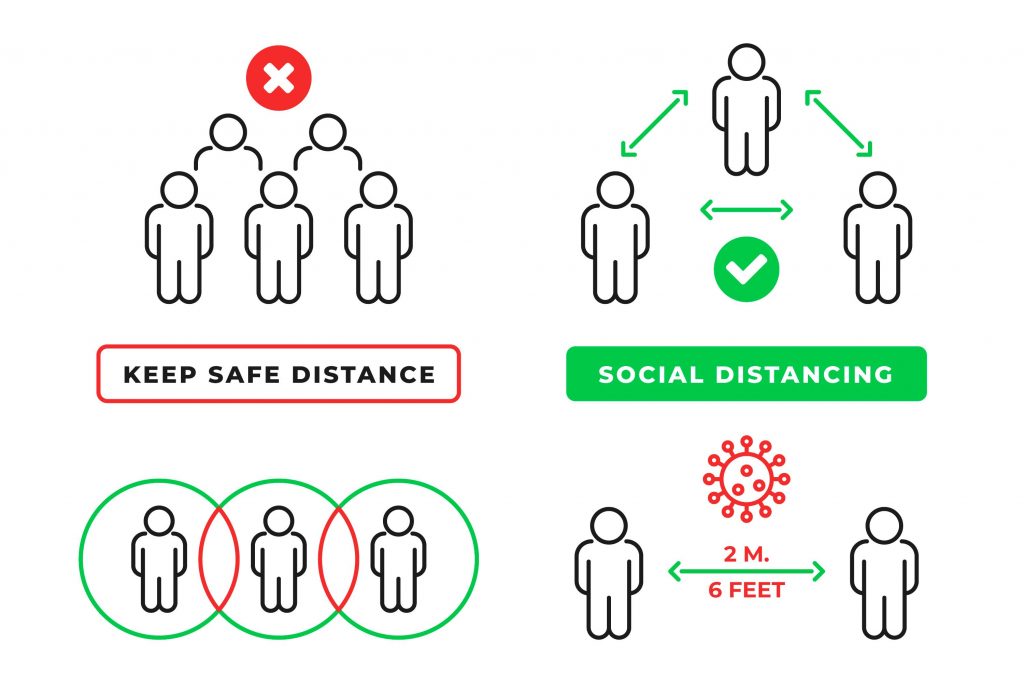
These are the precautions that you must take when you go to see your doctor:
- Wear a mask at all times
- Carry an alcohol-based sanitizer with you to clean your hand after touching any object
- Maintain a distance of at least 2 feet from other patients and healthcare staff around you
- Practice respiratory hygiene
10. I am a cancer survivor and do not receive any cancer treatment any longer. Am I still at risk of becoming seriously ill with COVID-19?
As we mentioned above, some cancer treatments may weaken your immune system. If you have completely recovered from cancer treatment, your risk of developing severe coronavirus symptoms may not be higher than other people. However, if your cancer treatment has completed only recently, your weak immune system may not be able to fight infections easily. So it is vital that you know everything about COVID-19 and strictly follow all the preventive measures.
11. I am worried that I have symptoms that could be cancer. What should I do?
You must never ignore cancer symptoms. Talk to your family doctor at once and let them know the signs you are facing. They will help you decide whether you should go for a diagnosis of cancer.
Visit a specialized diagnostic center that follows all the safety guidelines issued by the Center for Disease Control.
Before you take any decisions related to cancer treatment, it is vital to consult an expert oncologist for the same.
Regency Medical Center is There To Help You 24×7
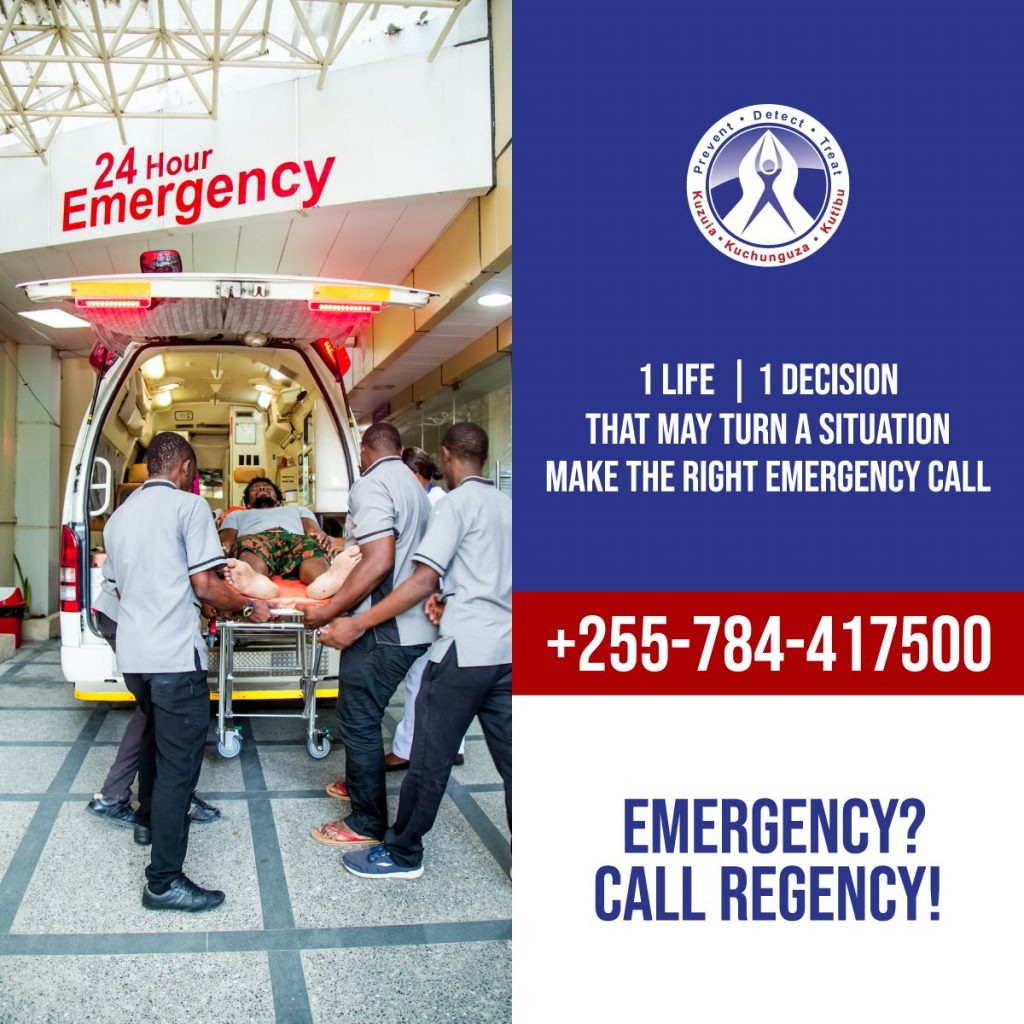
COVID-19 and cancer can be extremely difficult situations for patients and their loved ones. So it is our earnest endeavor to help the people of our country survive this coronavirus pandemic.
Doctors, nurses, and support staff at Regency Medical Center are working 24 hours to ensure our patients’ emergency needs are taken care of. If you are in Dar es Salaam and face a medical or COVID-19 emergency, you can contact us here or you can call the emergency staff on +255 765 835 950.

